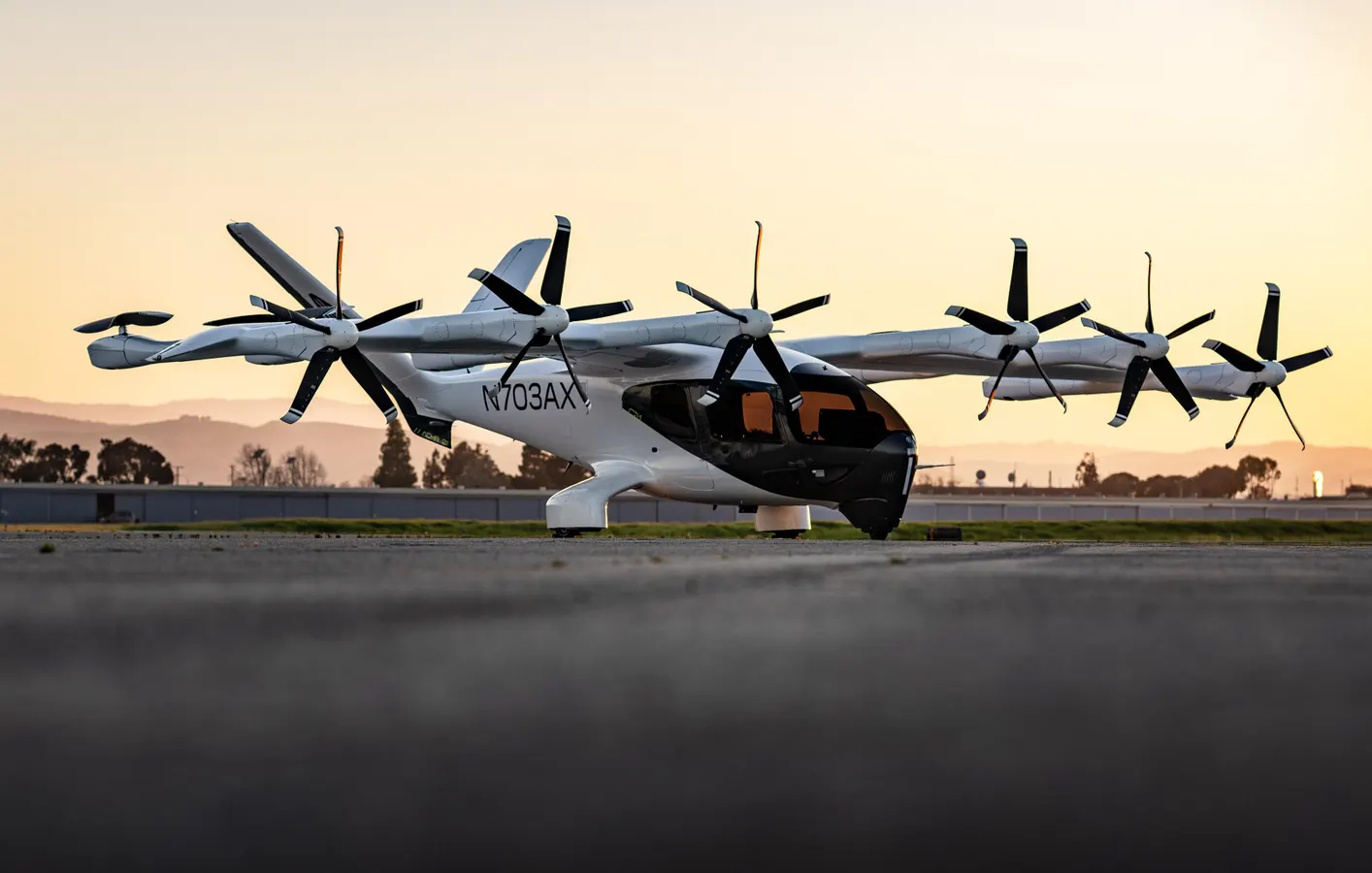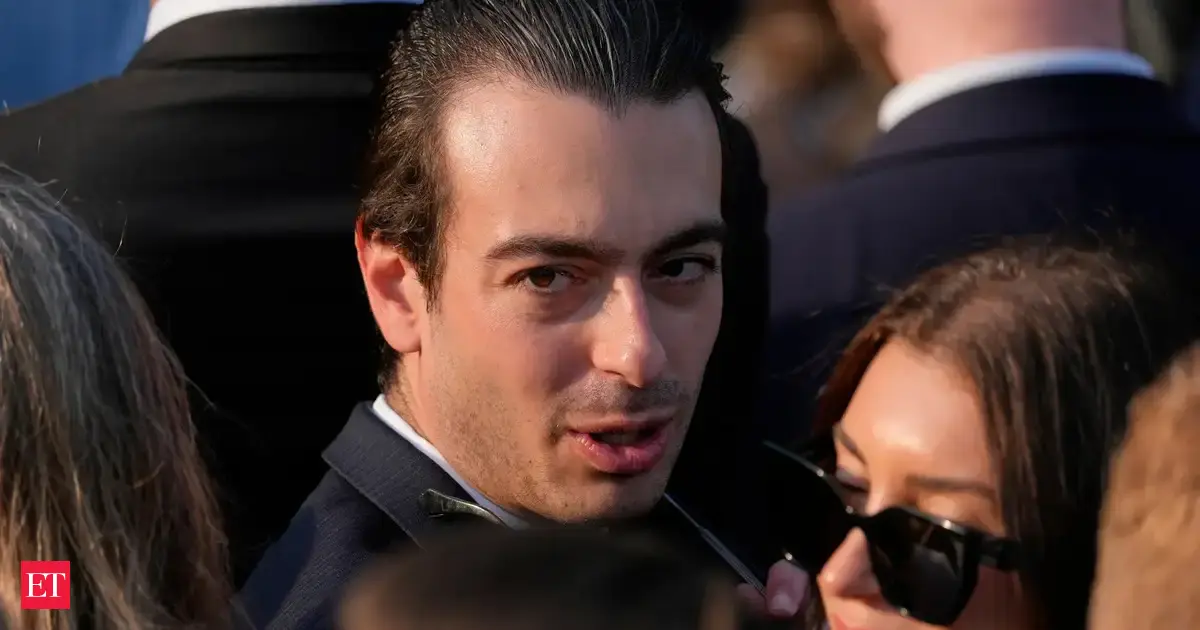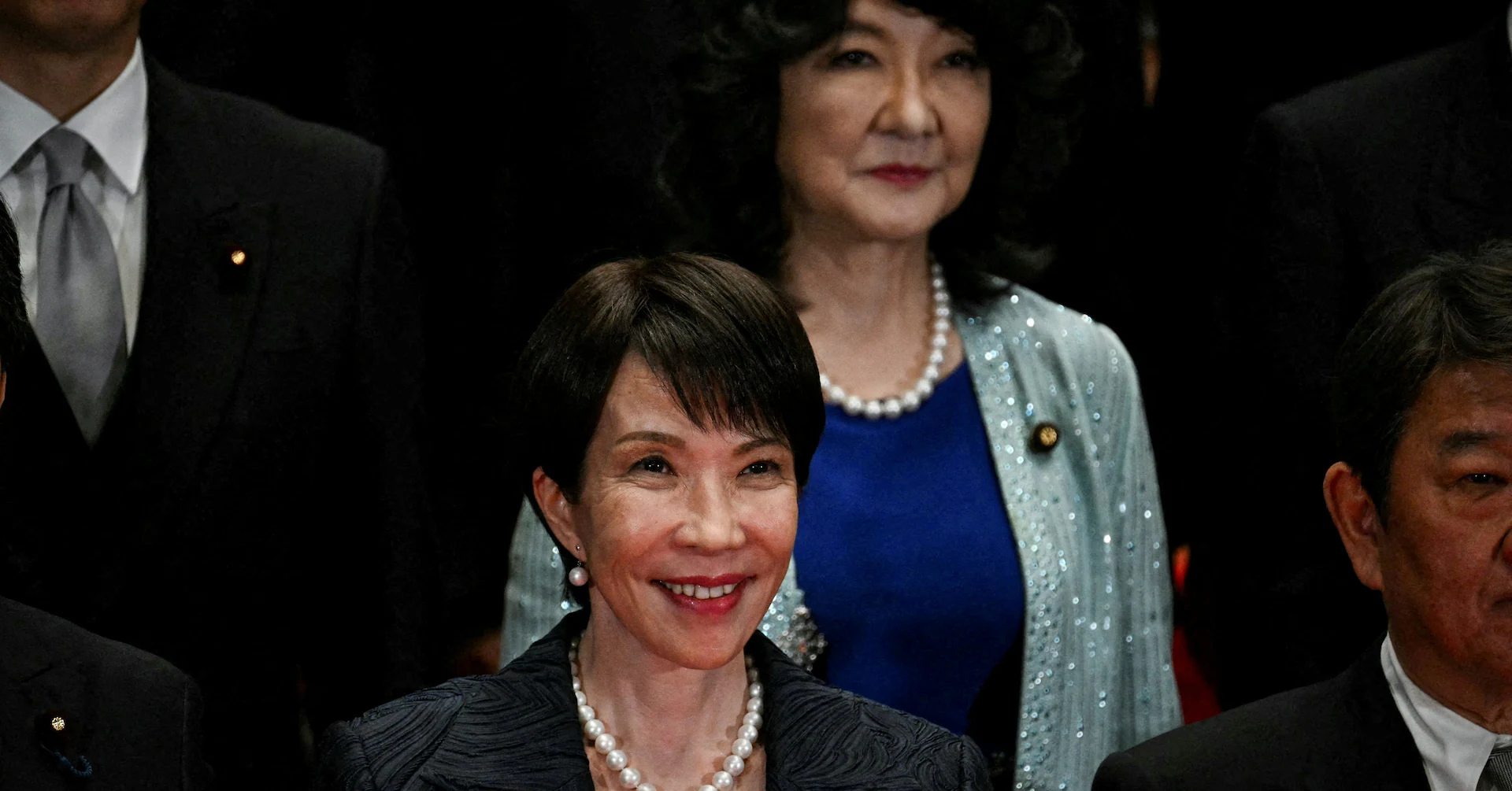Copyright forbes

Archer Aviation Midnight eVTOL aircraft. Archer Aviation Inc. Already named as exclusive air taxi service for the 2028 Summer Olympics in Los Angeles, electric vertical takeoff and landing aircraft company Archer Aviation Inc. has stuck a deal to expand service to South Korea. The Santa Clara, California-based company and Korean Air signed an agreement early Monday to commercialize Archer’s Midnight eVTOL aircraft in Korea for a number of uses, starting with government applications. A key element of the dealer is Korean Air’s plan to purchase up to 100 Archer Midnight aircraft, the companies announced in a release. “Korean Air’s expertise in aerospace and their comprehensive strategic vision for the future make them the ideal partner for Archer,” Archer CEO and founder Adam Goldstein, in a statement. “This partnership with Archer will accelerate Korea’s leadership in next-generation air mobility,” added Jin Kyu Lim, senior vice president and head of Korean Air’s aerospace business. “By combining Archer’s industry-leading eVTOL technology with Korean Air’s five decades of aerospace MRO and manufacturing expertise and strong commitment to innovation, we aim to lay the foundation for the next generation of air mobility in the Republic of Korea.” Korean Air is South Korea’s flag carrier serving 116 cities in 39 countries, according to the company. Its aerospace division conducts aerospace research and manufacturing activities, provides aircraft maintenance support for the United States Department of Defense in Asia and is engaged in research and development in unmanned aircraft systems, urban air mobility and stealth technology. MORE FOR YOU Monday’s announcement comes just five days after Archer said it won the competitive bid to purchase the patent portfolio of German aerospace company Lilium GmbH. At cost of 18 million euro, or about $20.9 million, Archer acquired about 300 advanced air mobility patents, including those relating to key innovations in high-voltage systems, battery management, advanced aircraft design, flight controls, electric engines, propellers, and ducted fans, the companies said in an October 15 release announcing the deal. Founded in 2015, Lilium spent more than $1.5 billion to develop the key enabling technologies related to its eVTOL platform. Archer’s Midnight electric vertical takeoff and landing aircraft can carry a pilot, four passengers and their carry-on sized luggage at speeds of up to 150 miles per hour. Archer Aviation Midnight electric vertical and takeoff aircraft flying over Los Angeles, Calif. The company announced the launch of an air transport network in the area by 2026. Archer Aviation The Midnight takes off and lands vertically, but flies horizontally like a fixed-wing airplane. The idea is to reduce travel time for trips that may not be geographically far apart but where road traffic turns what should be short drives into lengthy slogs. Archer, along with other companies in the VTOL aviation segment, have been encouraged by an executive order signed on June 6 by Pres. Donald Trump calling for faster commercialization of eVTOLs and drones. Related specifically to eVTOLs, the order states, “Emerging technologies such as electric Vertical Takeoff and Landing (eVTOL) aircraft promise to modernize methods for cargo delivery, passenger transport, and other advanced air mobility capabilities.” It’s a process that really started during the Biden administration when the Federal Aviation Administration created the “powered lift” category that includes eVTOLs, according to Goldstein. “So when the executive order came out, it was saying, yep, this is a big focus. We need to work on this. We need to make to make sure this is prioritized. We need to make sure this gets done,” said Goldstein in an interview for a story in July. A few days after the executive order was signed, Archer said it raised $850 million through a registered direct stock offering. That money will not only provide greater liquidity to the company but go towards supporting other segments of its business including defense, civic functions and software development, Goldstein explained. Financial challenges still remain for Archer, however. Last June it reported a second quarter loss of $118.7 million before taxes and interest expenses, widening from a $93.8 million loss during the same period in 2024, mainly due to ramping up aircraft production, Goldstein explained in a statement. The company said it expects to report a loss of $110 million-$130 million when it releases third quarter results. Nevertheless, in its Q2 report, Archer showed what it characterized as a “sector leading balance sheet with over $1.7 billion of cash and cash equivalents. Editorial StandardsReprints & Permissions



